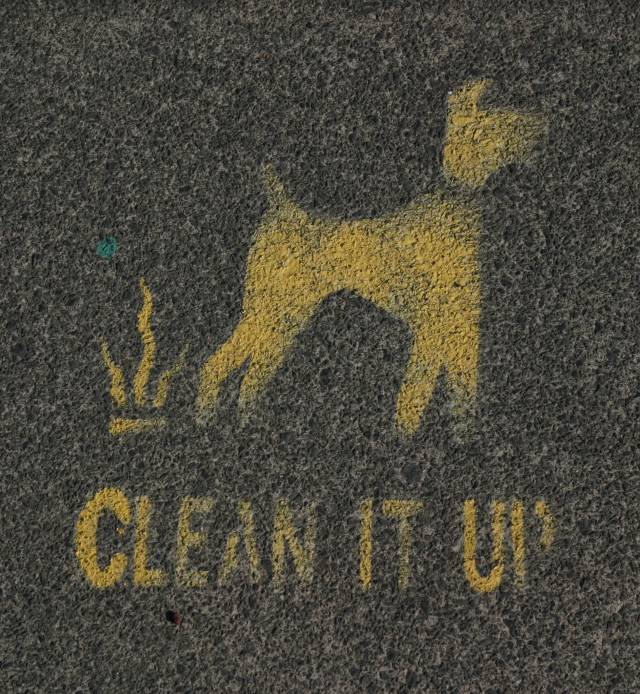“This was definitely more than culture shock. Though perhaps if I’d taken the culture shock more seriously and spent time dealing with it, the depression might not have occurred” Anne.
Just before I move on from understanding a bit more about what expat depression might look like and on to how people have started to help themselves, I wanted to consider what people understood about the term culture shock – and what they thought about its links with depression. As ever, thanks to expat mental health specialist Anita Colombara for looking over this post before publication.
When writing my book the Expat Partner’s Survival Guide I decided the subject of culture shock was such an important one that it deserved a whole chapter to itself. In the end, I also included a section at the end of the chapter on depression because I realised as I was writing it how closely linked the two are. And also how blurred the edges the two can be. How do you know if what you are experiencing is really just part of the normal experience of many (if not most) expats when they arrive in a new destination, and when it is something more serious?
Well I would say often you don’t – and that may be the problem. Because who is to say whether what you are going through is “normal” or not? If it is bringing you low should we label it “culture shock” and tell you that you will get over it? Or should we label it “depression” and recommend you seek advice.
To help answer these questions I decided to ask people what they understood about culture shock, whether they recognised it as part of their experience of moving abroad, or whether it felt like something more. The answers, predictably, were as varied as the experiences of those giving them – and helped to show how tied up in each other culture shock and depression are.
For background information, here is the definition of culture shock I came up with for my book:
‘Culture shock could be defined as disorientation on moving somewhere new, a rollercoaster of emotions. It is said to have four phases and each phase is described differently by different people but generally they are wonder/honeymoon, negotiation, adjustment and acceptance. You can move between the four stages in order or back and forth between them; you might skip some of the phases or not experience any of them.’
An understanding of culture shock?
Most people who answered this section of the survey I used as the basis for this series said they did understand what was meant by the term culture shock – although for many this came later rather than at the time they were going through it. Although this in itself is heartening (as I think it should be part of everyone’s preparation for a move abroad to read up on culture shock), it is also worth noting that most of those who responded to my questions were already experienced expats. I wonder how many who have yet to move have ever considered a need to read up on this subject. Certainly a lack of knowledge about what is normal is one of the more common reasons people state for falling into depression – and thinking you are somehow doing something wrong by not being happy in your new home is also one of the reasons people fail to climb out of it.

Part of their depression
For some people, their depression either started as culture shock or it was part and parcel of the same thing. Perhaps instead of moving through the cycle, they got stuck at a very negative stage. It is probably impossible to tell whether this was because the culture shock was preventing them from moving away from depression or the depression was preventing them moving through the culture shock cycle. Whichever was true, many found that the shock of moving to a new country pushed them lower than they had been before.
“The culture shock was one of the motives. Dutch people are way colder than Brazilian people. Sometimes I would feel so lonely that it was hard to make it through the day.” PKF
“Yes and no. Yes, because I’d briefly lived in the same country years earlier and my husband is native. But I discovered more things that drove me crazy and honestly, for the first three years, was desperate to move home no matter what it took. I knew it would get better but there are some things I will never like. So much of how I felt was tied up in being depressed and it was hard to separate the two”. V
Shock at the shock
Others found that they weren’t prepared for how severely they would be hit by culture shock, which in itself led to their depression. This included people moving to a new location for a second or subsequent time – not realising that culture shock doesn’t just happen the first time you leave your home country. It also includes people moving home and not realising you can get reverse culture shock.
“Having lived in Asia before I thought I understood culture shock, but China is so different that part of my problem is culture shock. Also I had never lived in a Communist, repressive, censored place before – that was a huge one we had never thought of”. Mary
“I understood the concept of culture shock. I lived right next door for five years beforehand. I just didn’t realise how different it would be here.” Sarah
“I expected to notice cultural differences and hoped to learn about different cultures and looked forward to that part of the cultural experience. I guess I was not prepared for the effect that cultural differences would have on me. In Mongolia, Indonesia and Mexico I feel that the cultural differences I saw or learned of have added to my education and enriched me. In India, the cultural differences I saw and experienced were far more extreme and made me realise that some of the core beliefs that I thought were universal were in fact not and this really unstabilised me”. Robyn.
“I did realise that part of my loneliness, isolation and frustration was the culture shock of returning home after so many years abroad” Nancy
More than culture shock
For many, especially those who understood culture shock and the effect of moving to a new environment, these feelings were definitely something more. Some recognised that they had had culture shock at some point in their expat lives and therefore knew this wasn’t that. Others worked it out when things didn’t seem to improve after a few months. As Catherine said:
“I definitely knew and understood the concept of culture shock. By this point we had been there almost two years so I think I had gotten over the culture shock part and was resigning myself to the fact that no matter what I did I would never be able to thrive in this environment.”
And from Nicky:
“This happened a long time after the initial culture shock! My friends were like family and I felt they had all abandoned ship and left me which was an irrational fear after so many years abroad”.
A good starting point: understanding culture shock
In my next post about expat depression I intend to start looking at some of the self-help methods people have used to help tackle their feelings. But a good starting point, whether you already have depression or as one of the weapons you can use against it, is to read up on culture shock.
Realising what is “normal” and what is perhaps something more can help us cope with what we may be going through. And if you believe that you have passed the stage when you should have been starting to adjust to your new life but you find yourself still struggling this could be the time to seek more help.
Further reading:
Culture Shock: What it is and How to Deal With It.
An interview I did for the podcast Tandem Nomads on Culture Shock
An article about the origins of the term Culture Shock
Photo credit: Republic of Korea
Did you suffer from culture shock? Did you understand what it was – and if so, do you think this helped? Do you wish you had known more about it before you left home?
Please don’t forget to read the other posts on this subject: Introduction to expat depression, what is expat depression, when and why does it happen and what does expat depression look like?





